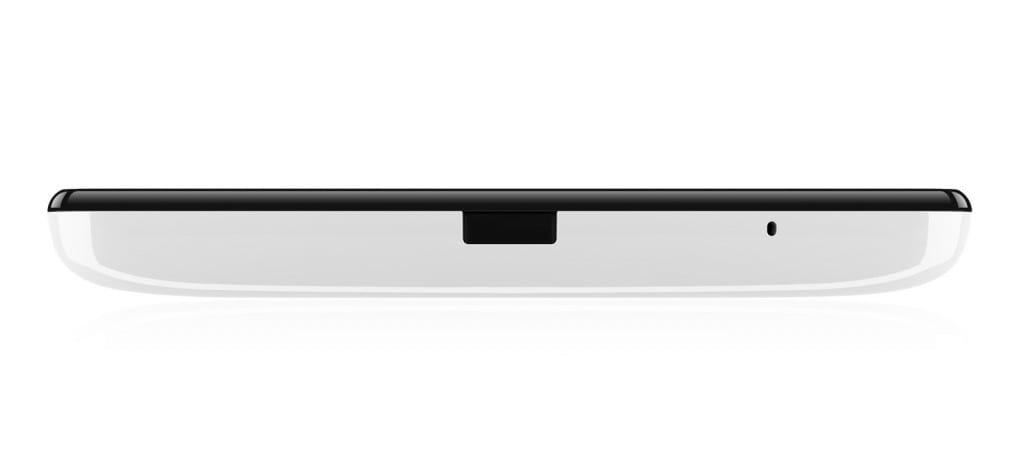I know how it feels to struggle to see your television display, computer monitor, or to have to wipe your glasses off repeatedly. This is terribly annoying and one day, you may finally be able to stop doing this!
Instead of wearing glasses prescribed for you so you can watch tv or use your computer, why can’t doctors just prescribe a tv with a corrective screen/lens for you and be done with it? That isn’t necessary, a new corrective display technology could actually adjust itself based on your prescription to enable you to see it clearly without glasses.
The mere thought of being able to lie on my bed and watch TV without my glasses pressing against my pillow or twisting makes me ecstatic! The technology, which is under development by Microsoft, UC Berkeley and MIT engineers achieves this using an image-altering algorithm, and a light filter which alter the light from each pixel to alter how it is received by the human retina.
This corrective display technology works not only for people with (relatively) simple vision problems correctable with glasses or contacts, but it could hold the key to correcting or ameliorating more serious vision problems which glasses can’t resolve.
Who knows, maybe a new wearable camera with corrective display technology like this could provide a live feed from tiny cameras to two of these advanced corrective displays positioned in front of the eyes.
Apart from that, according to Mashable (the source):
‘There are still challenges to work out. For instance, the technique depends on a person’s focal length; the technology researchers tested requires whoever’s using it to keep his eyes still or that software tracks head movement and adjusts the image accordingly. Brian A. Barsky expects this won’t be much of a problem, though, saying that when we look at a display that doesn’t look right, we tend to naturally move around to improve the focus.’
Barsky co-authored the research paper for this technology, and Gordon Wetzstein said that it could take years to develop a real-world prototype for people to use.
Read more technology-related news in the technology category, and technology reference articles in the technology library.







